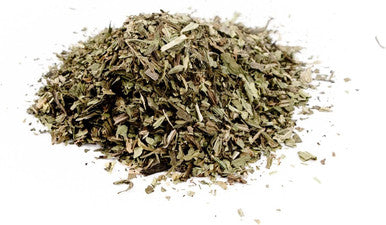🌿 Plantain Leaves (Plantago major / Plantago lanceolata) – Traditional Herbal Support for Skin, Digestion & Wellness
🌿 Plantain Leaves (Plantago major / Plantago lanceolata) – Traditional Herbal Support for Skin, Digestion & Wellness
Couldn't load pickup availability
🌿 Plantain Leaves (Plantago major / Plantago lanceolata) – Traditional Herbal Support for Skin, Digestion & Wellness
Plantain Leaves support skin comfort, digestion & natural cleansing. Traditional herbal remedy for tea or external use by Natural Care 53 UK.
🌿 Gentle, Soothing & Traditionally Used Herbal Leaf
Plantain Leaves are a well-known traditional herb used to support skin comfort, digestion, and natural cleansing, both internally and externally.
✔ Supports skin soothing & recovery
✔ Traditionally used for digestion & gut comfort
✔ Suitable for herbal teas & external applications
✔ 100 % pure, natural & additive-free
🌿 What Are Plantain Leaves?
Plantain Leaves (Plantago major / Plantago lanceolata) have been used for centuries in traditional European and herbal medicine. Known for their soothing and cleansing nature, the leaves are commonly prepared as herbal teas or applied externally to support skin comfort and overall wellbeing.
🌱 Key Benefits
-
Supports Skin Comfort – Traditionally used to soothe irritated or sensitive skin.
-
Digestive & Gut Support – Helps maintain digestive balance and comfort.
-
Natural Cleansing Herb – Used historically as part of gentle detox routines.
-
Respiratory & Throat Comfort – Traditionally taken as a warm herbal infusion.
-
Versatile Traditional Herb – Suitable for internal tea use or external poultices.
🍵 How to Use
Herbal Tea:
Steep leaves in hot water for several minutes, strain and enjoy.
External Use:
Infuse in warm water or oil and apply to skin as a compress or wash.
(Traditional use only. Follow herbalist guidance if needed.)
⚠️ Safety & Storage
Herbal product only. Not intended to diagnose, treat, cure or prevent disease.
Store in a cool, dry place away from sunlight.
-
/collections/herbal-leaves-flowers -
/collections/skin-external-care-herbs
Share




